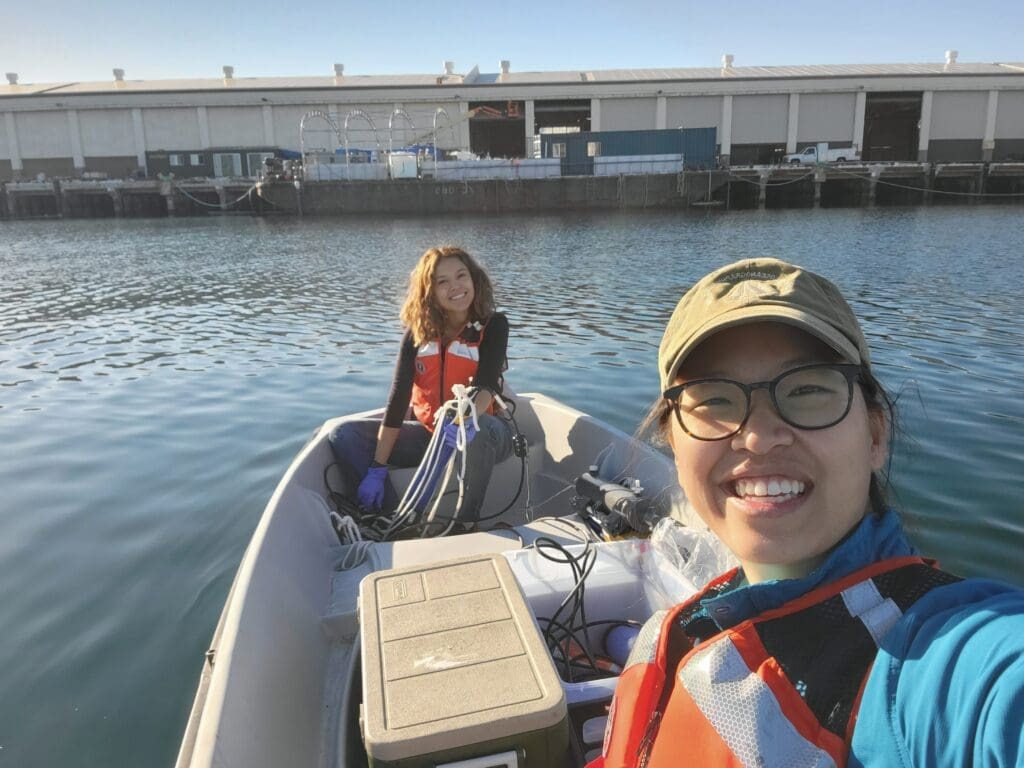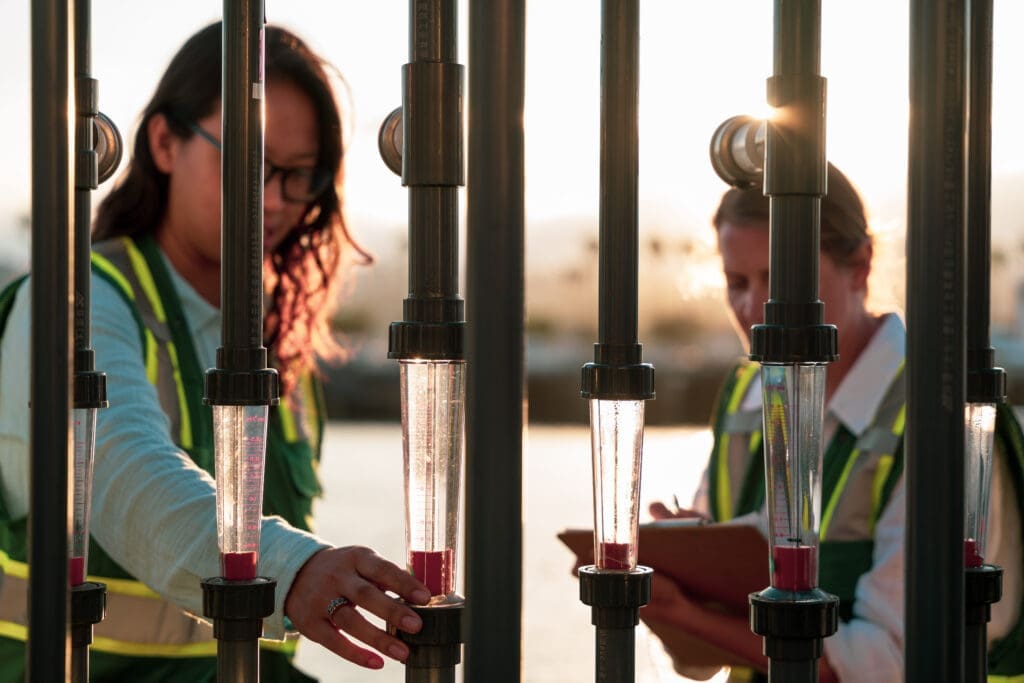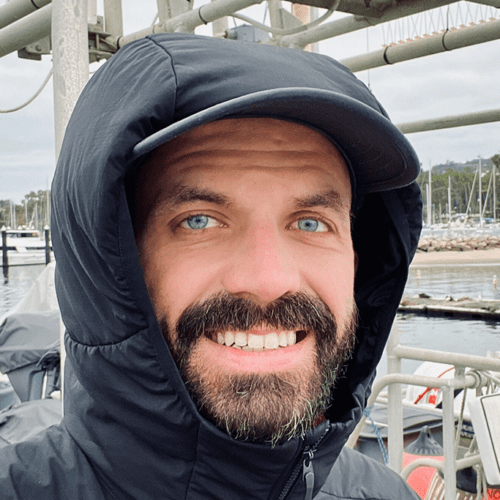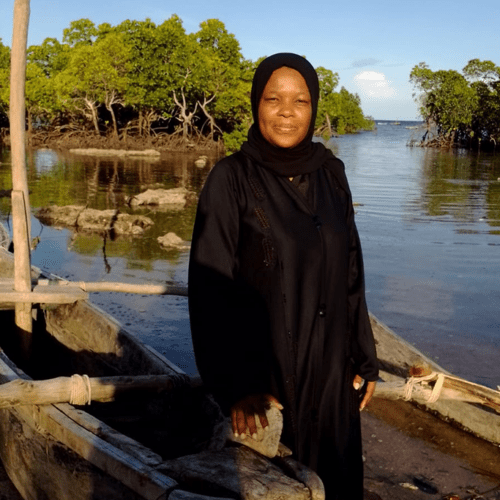Meet Dr. Sophie Chu
Invaluable expertise that advances solutions
Dr. Sophie Chu is a chemical oceanographer and currently serves as Principal Oceanographer and Director of Monitoring, Reporting, and Verification (MRV) at Captura. She shares her experience as part of the Ocean Visions Launchpad program and why it’s been valuable in advancing Captura’s marine carbon dioxide removal (mCDR) work.
July, 2024
Trained in chemical oceanography, my expertise is in carbon cycling, seawater carbonate chemistry, and carbonate sensor development. Ocean Visions’ Launchpad program has broadened Captura’s access to key technical and oceanographic expertise that complements that of mine and my teams’, such as biological oceanography and how to navigate local regulations and environmental compliance. That’s where Ocean Visions’ Launchpad program has been invaluable.
Our two advisors, James Gately and Martha Sutula, each bring expertise that complements that of mine and my teams’. Our monthly touchpoints offer key insight that we need without having to hire additional staff in-house.






James Gately is a doctoral student who specializes in biological oceanography. He helps Captura avoid adverse impacts on ocean critters, particularly essential phytoplankton, and other living things. Drawing on the depth of ocean acidification research of the past 20 years, James knows what to be concerned about. He has helped us figure out what we should be looking at for potential biological impacts, and has advised us on ways to operate that will minimize impact on marine organisms.
Martha Sutula leads the Biogeochemistry department at Southern California Coastal Water Resources Project (SCCWRP). In addition to overseeing research on ocean acidification, hypoxia, harmful algal blooms, and eutrophication, she also has a wealth of experience in engaging with regulatory agencies. Having worked with the California State Water Resources Control Board and with other large discharge and effluent industries, like desalination plants, Martha is able to offer insider knowledge and guidance on navigating the complex regulatory landscape. Given that CDR policy is rapidly evolving, Martha’s expertise is particularly beneficial as we scale up our operations and expand our footprint.



